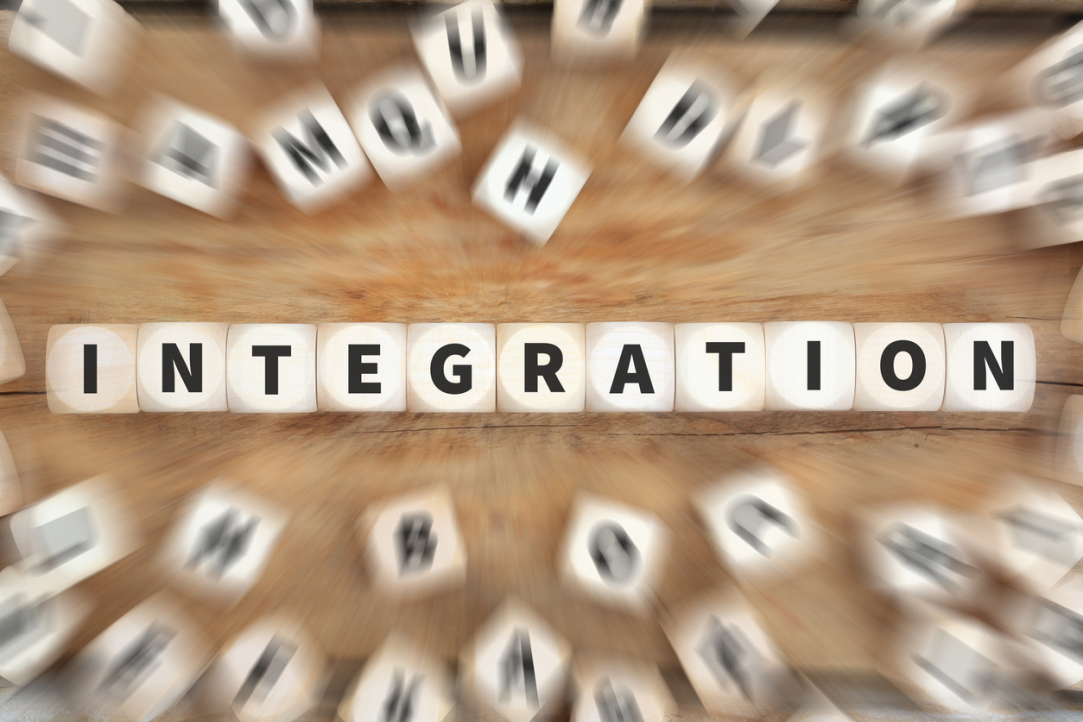
Research & Expertise






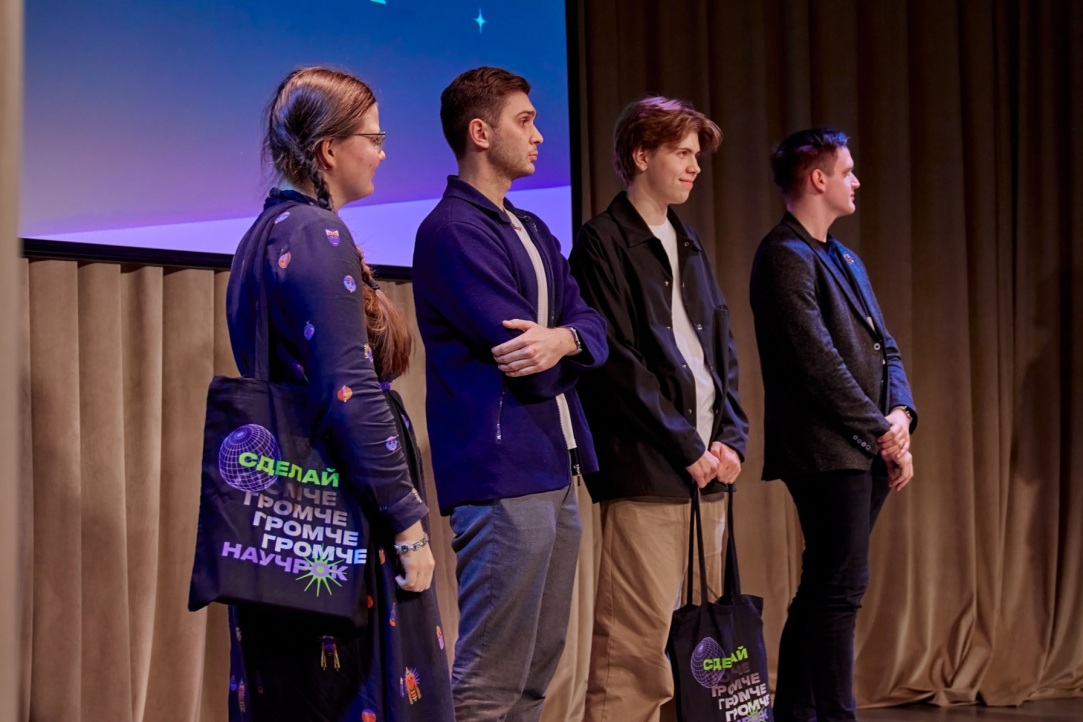
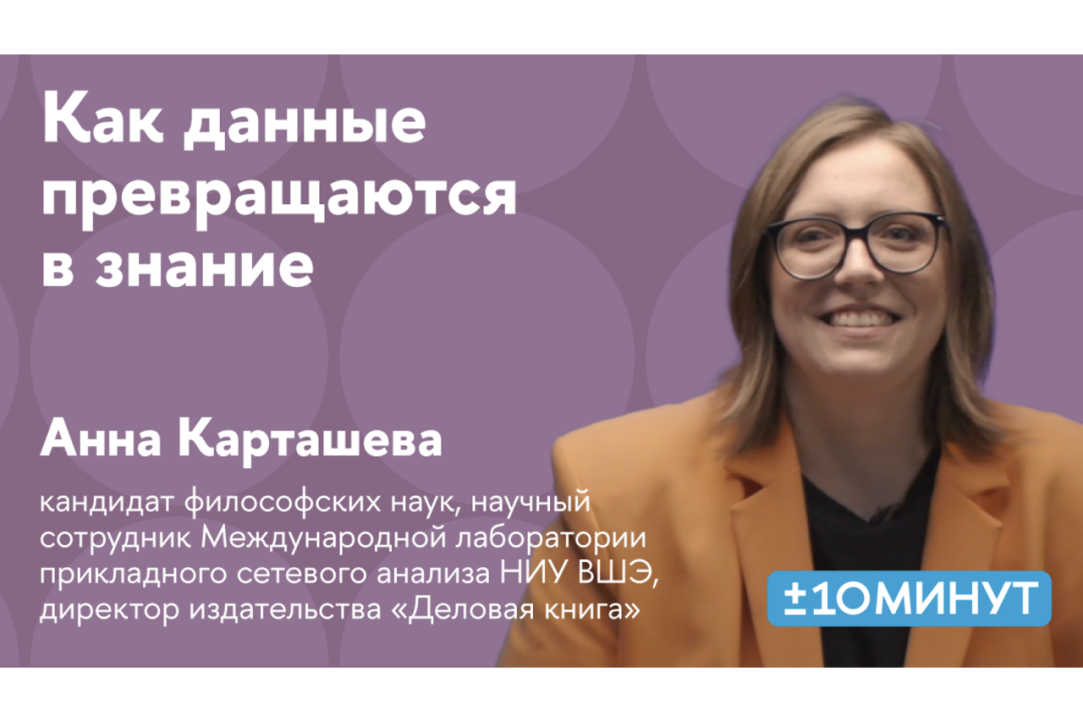
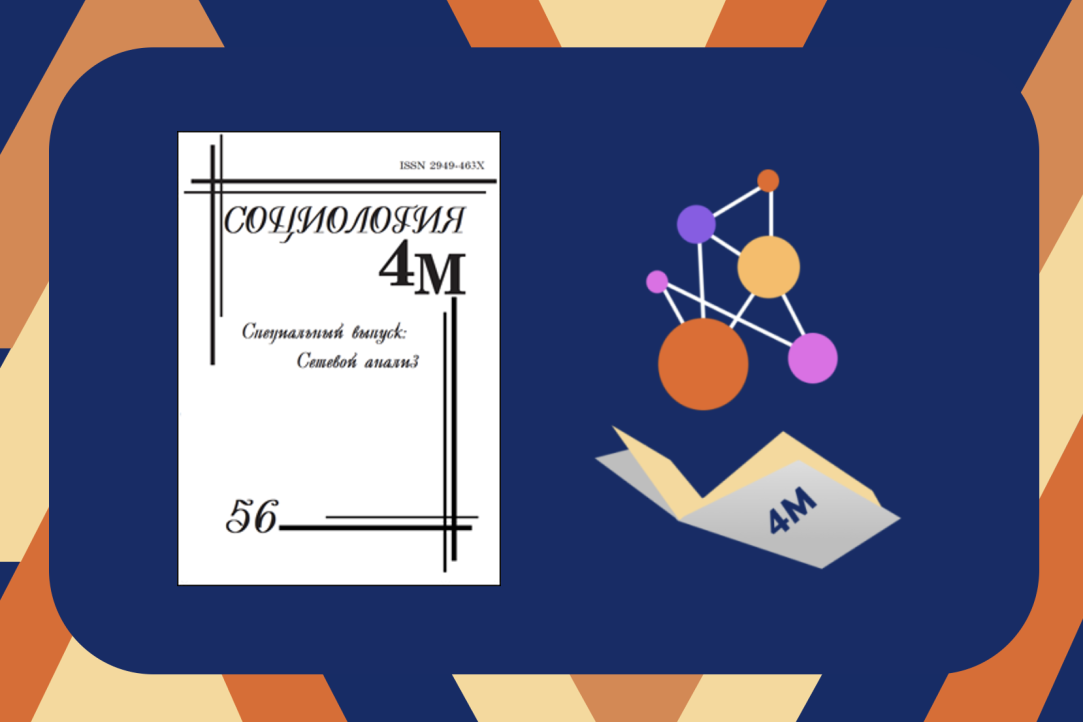
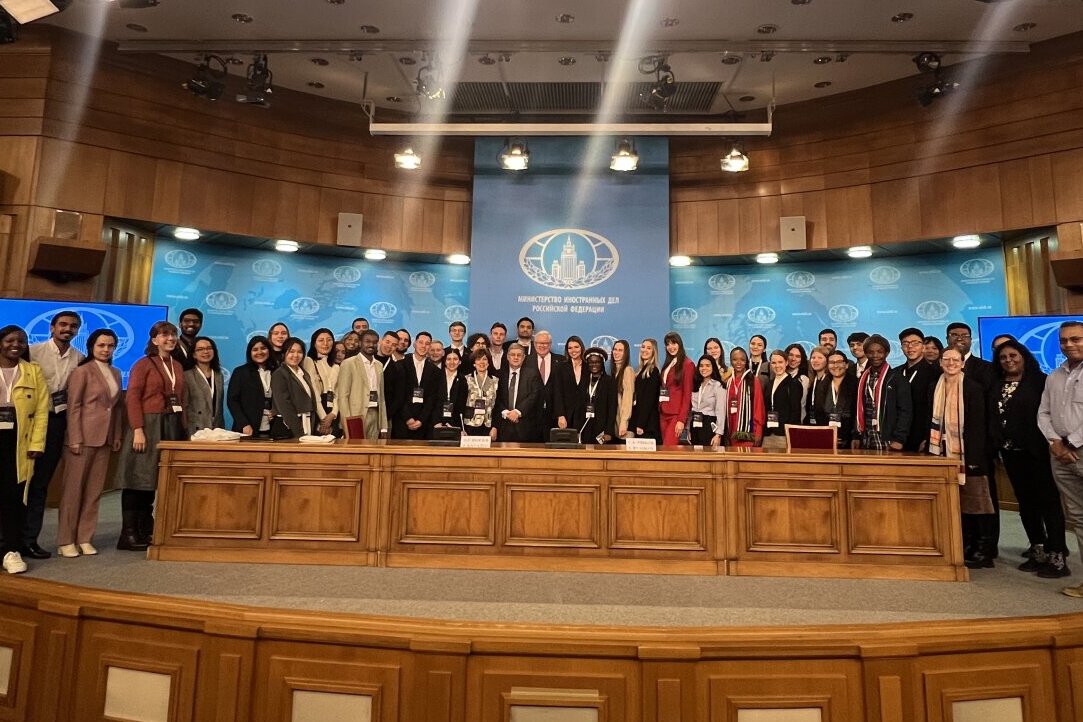
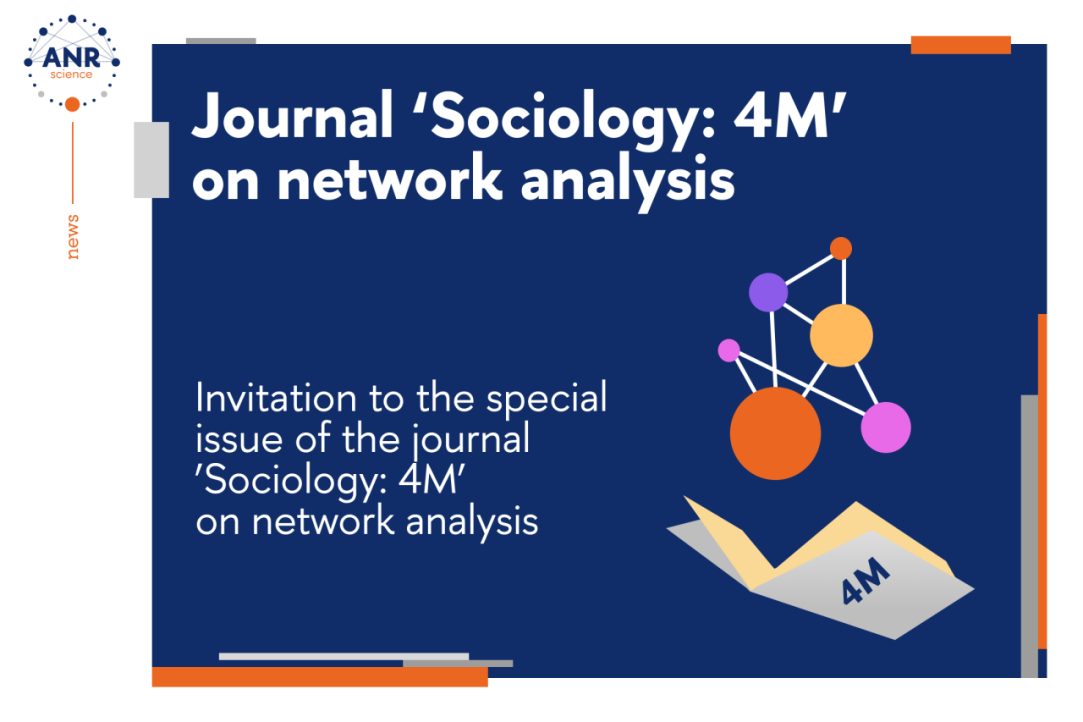

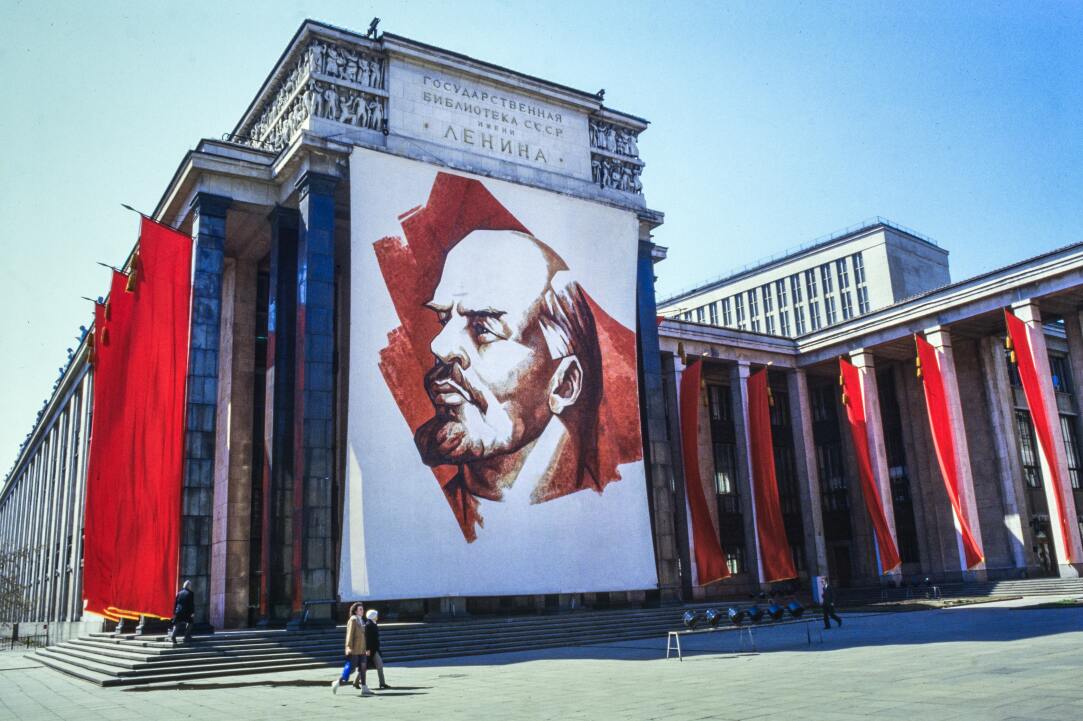
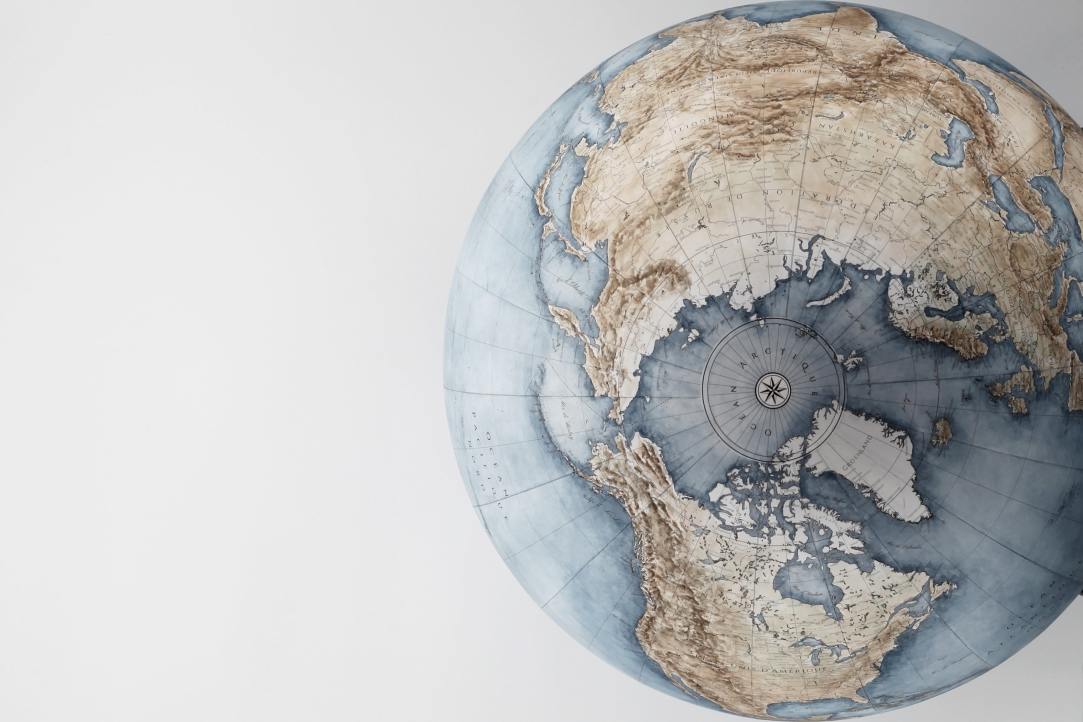
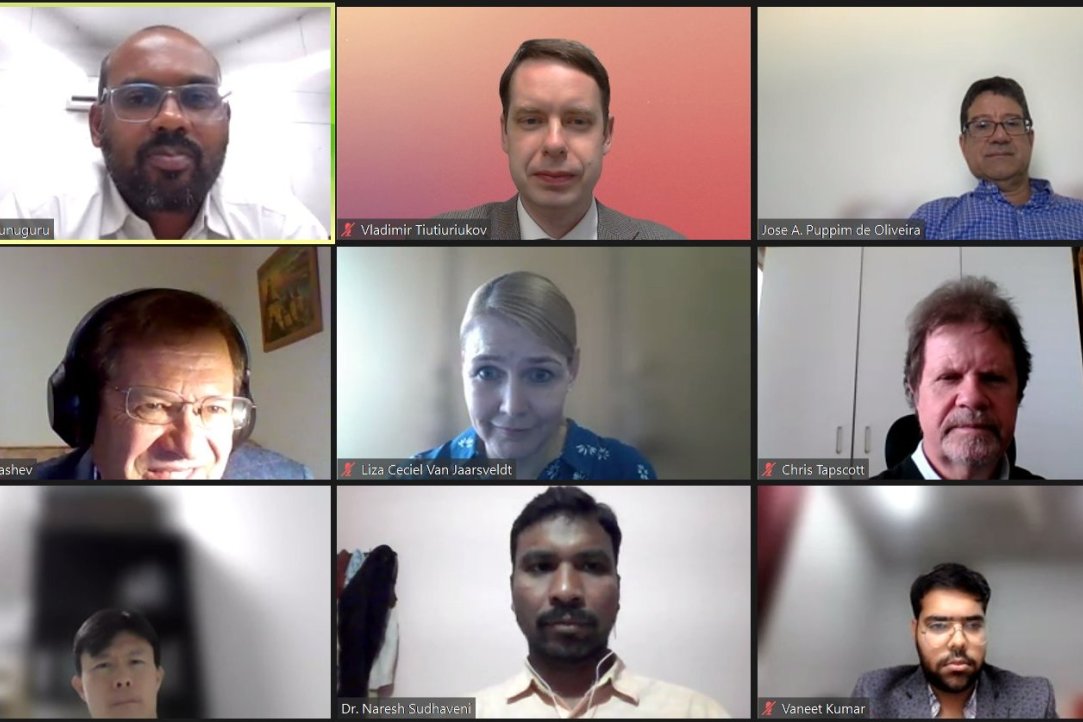


In March 2021 the HSE University and Freie Universität Berlin (FUB) were awarded an institutional partnership grant from the Alexander von Humboldt Foundation to foster cooperation between these two institutions and to involve in it a broader group of younger fellows and doctoral students. On May 27th this project will start with a digital workshop "Varieties of Populism in East and West" (deadline for submission is April 23rd; for more info about the workshop see the link at the end of the news). We interviewed Professor Dr. Katharina Bluhm, director of the Institute for East European Studies at the Freie Universität Berlin, about the goals of this project and prospects of cooperation between the HSE University and the FUB.
